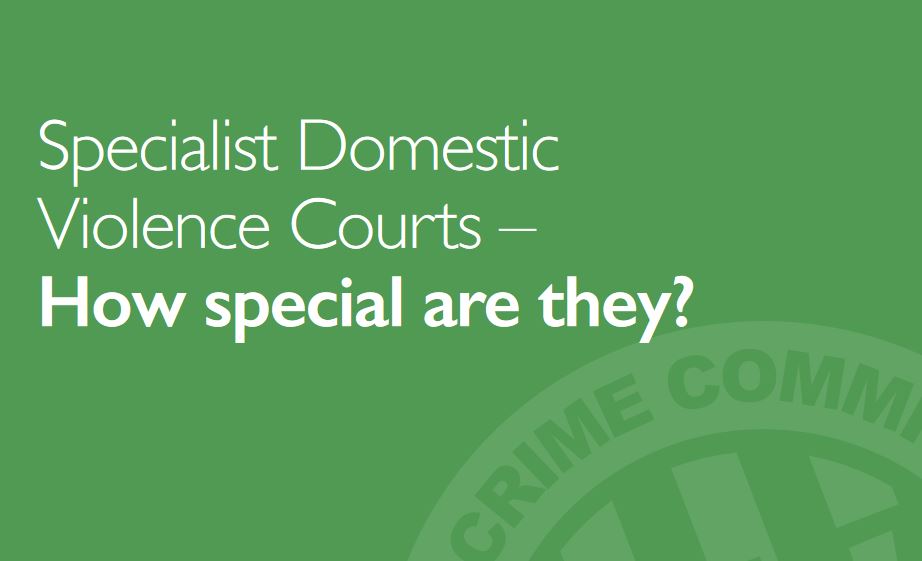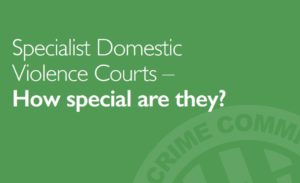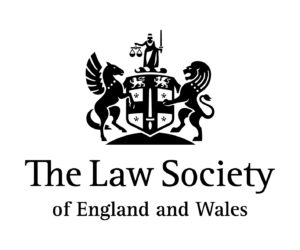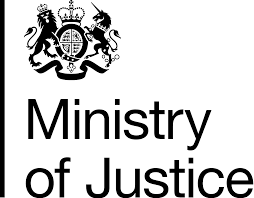Category Archives: News

Despite very late contact with his client, accredited police station representative Rob Lowe was still able to provide free police station advice to secure a restorative justice outcome rather than a police caution.
Negotiation with police under legal aid scheme
Rob was called by a client who had already been interview in relation to allegations of affray and assault occasioning actual bodily harm. Unfortunately, he had chosen not to seek our free and independent legal advice at that stage.
It appeared that he had made admissions to the assault in this police interview. He had been released under investigation but the police had contacted him some time later as they intended to give him an official police caution to end the matter.
Unfortunately, our client’s work involved him being a frequent visitor to the United States of America. Understandably he had concerns that a caution might prevent him form getting into the States in the future. As a result, he was reluctant to accept the caution. He also raised an issue that he perhaps had not made admissions and had told the police that the complainant was the aggressor.
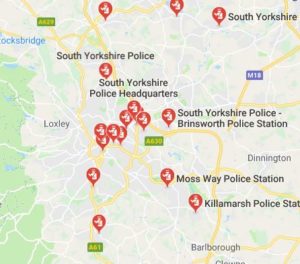 Rob travelled to Sheffield from our Chesterfield office to go to the police station with his client. This allowed him to speak to the police officer dealing with the case to determine whether a police caution was an appropriate way to deal with the case. Was the evidence there to support the offence? Had his client actually admitted the offence? If there was an admission was a restorative justice option available instead of a police caution?
Rob travelled to Sheffield from our Chesterfield office to go to the police station with his client. This allowed him to speak to the police officer dealing with the case to determine whether a police caution was an appropriate way to deal with the case. Was the evidence there to support the offence? Had his client actually admitted the offence? If there was an admission was a restorative justice option available instead of a police caution?
Having spoken to the officer, Rob concluded that the police officer was acting appropriately by offering a caution. There was evidence from the complainant and photographs of injuries. His client had made an admission to an assault, albeit on a limited basis.
Restorative justice outcome negotiated
Instead of simply accepting the caution, Rob was then able to make successful representations that he case be dealt with by way of a restorative justice disposal. This was agreed by both the client and the complainant in the case. The outcome simply involved our client keeping away from the complainant.
This outcome meant that our client did not receive a criminal record and does not need to worry about future business trips to America.
Speak to a specialist police station adviser for free
As we have a contract with the government to permit us to provide expert legal advice and representation under the legal aid scheme. This means that our advice in the police station will always be free of charge to you in the police station.
There are many advantages to seeking advice in the police station and you can read about those here.
Read more about the benefits of instructing our solicitors and litigators here.

Alternatively you can use the form below.
Contact








